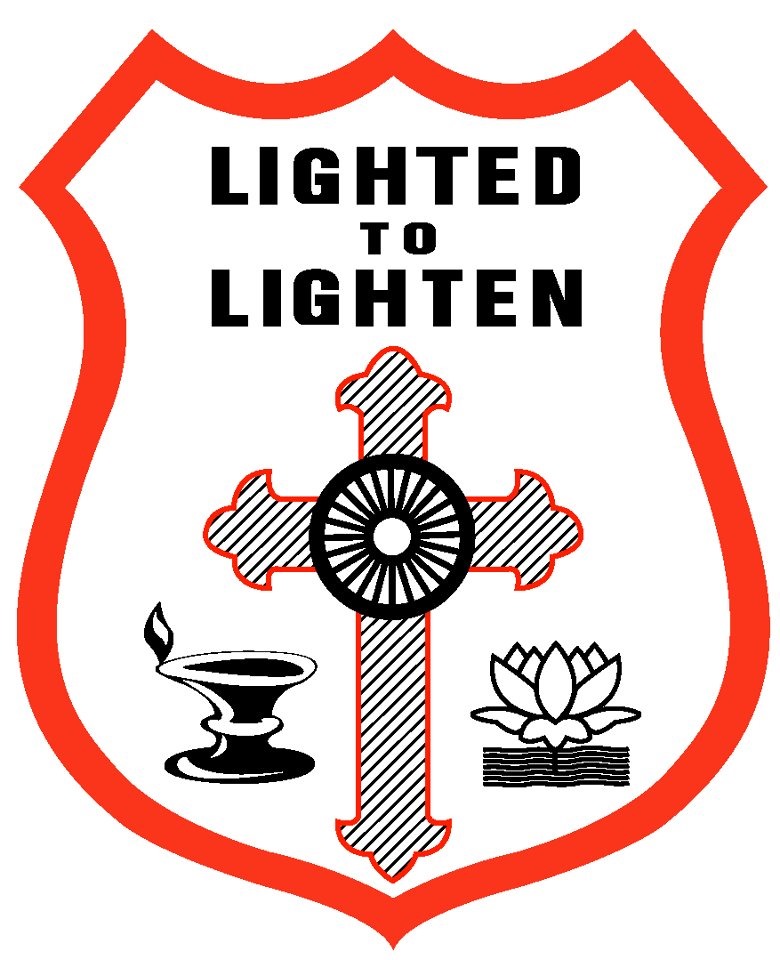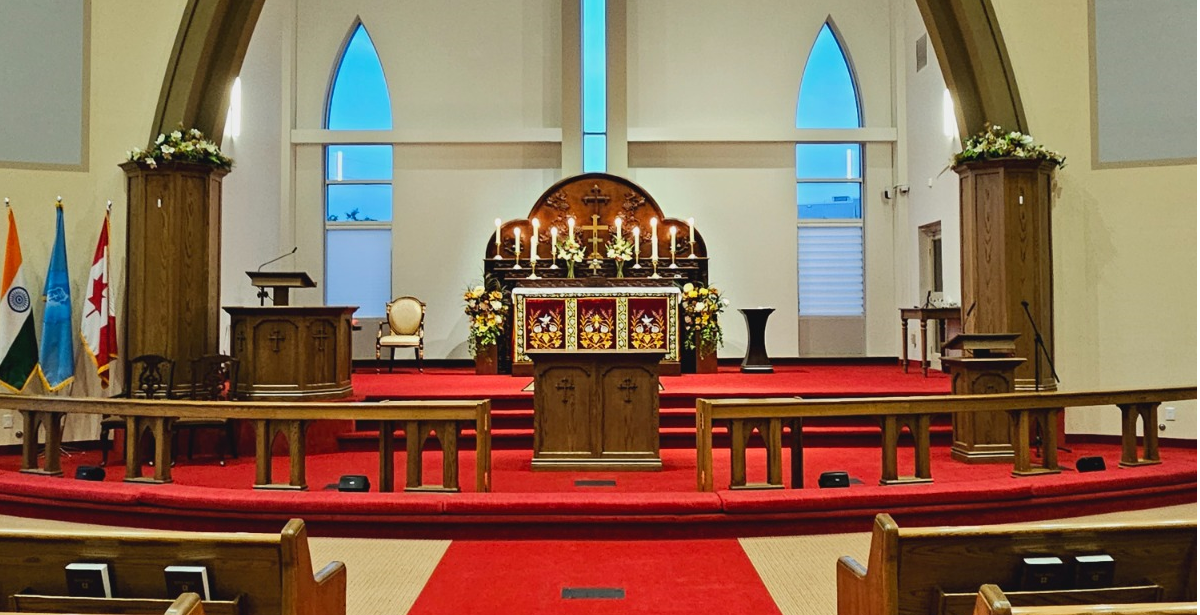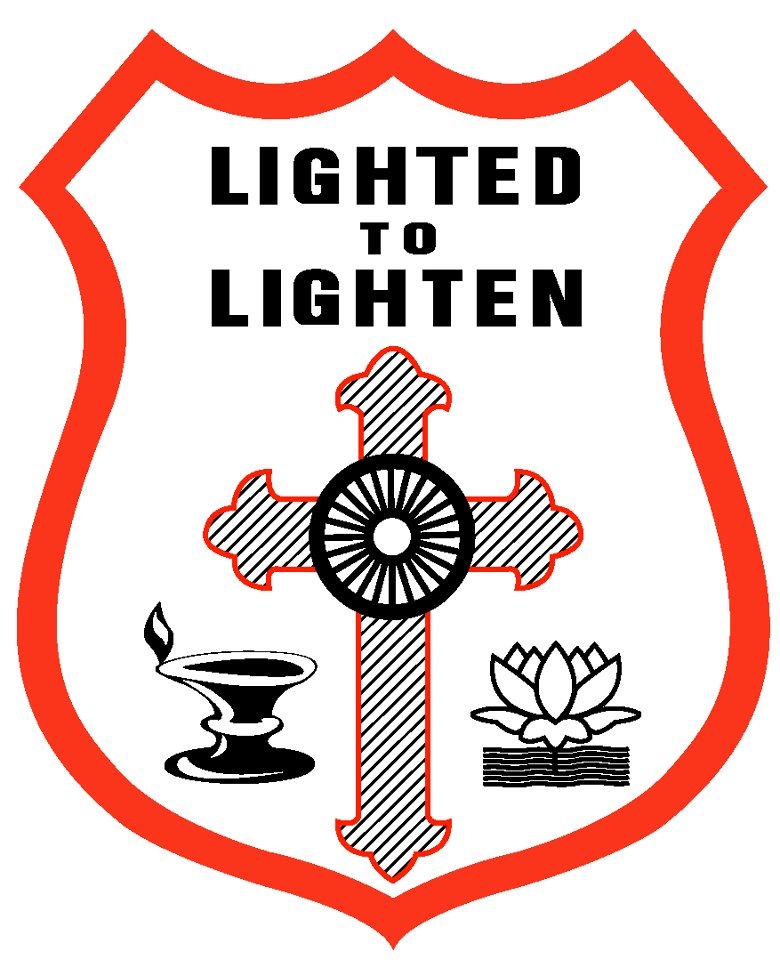Mar Thoma Sabha has two dominical Sacraments, Holy Baptism and Holy Communion and 5 other sacraments. The word sacrament is derived from the Latin word ‘sacramentum’ meaning make sacred. A sacrament is a visible means of experiencing the invisible Grace of God. Below are the seven sacraments of our Church.
1. Holy Baptism (Mamodisa in Malayalam)
Holy Baptism: one of the “dominical sacraments? (directly instituted and/or commissioned by Christ). “Through Baptism a person dies with Christ in sin, resurrects and joins the holy church and becomes one with Him. The Sacrament of baptism is performed in the name of the holy Trinity. The word “Mamodisa? is derived from the Syriac word “Omedh?. In Greek, the equivalent word is “Baptisso? which means sprinkling, immerse, was or bath, etc…It is actually a reflection of the death of the sinful human being with Christ and the resurrection thereafter, resulting in the union with the body of Christ, viz. the church.”
2. Confirmation
Confirmation (Anointing the Holy Moroon): “established in the church to keep the believer firmly in the faith and to make a real Christian, with special help and fellowship of the Holy Spirit. “Mooron? the Greek word means oil, ointment or scent. In the oriental churches after baptism, “Mooron” is applied on the forehand and other parts of the body of the candidate. Mooron is also used to sanctify the water used for baptism, the new church buildings, and the altar table used for the Holy Communion.
3. Confession
God is willing to give us more and more chances to return to Him. Whenever the scourge of sin overtakes us if we repent and regret the fall, God comes in the person of Christ to accept the repentant sinners. When we are reconciled to God and our fellow being we get a sense of inner healing and an encouragement to live without sin. Confession is the accepted means in the church for the healing of sinners. “Confession is a sacrament by which a person confesses the sins and receives absolution. Confession is an integral part of the liturgy of the Holy Qurbana (Communion).
4. Holy Communion (Malayalam Qurbana)
Holy Communion is one of the “dominical sacraments? (directly established and ordered by Christ). “The Last Supper was a sign of Jesus Christ?s sacrifice on the cross to deliver the world from the slavery of sin. Through the Last Supper Jesus provides his disciples a new Passover. In this Passover, He sacrifices himself so that he world is free of the burden of sin. His death on the cross makes him the church’s Passover Lamb (1 Corinthians 5:7). The Passover of the Christian church is the feast of the believers and the covenant. Jesus told his disciples, “Whenever you eat this break and drink this cup, you proclaim the Lord’s death until he comes” (1 Corinthians 11:26). By partaking of this sacramental food that is modeled after the Last Supper, His followers remember Him, face Him and proclaim His death. In every Holy Communion that the believers have the utmost experience of the Risen Lord. Partaking of this food deepens their faith and strengthens them in their mission.
5. Holy Matrimony (Vivahom in Malayalam)
Holy Matrimony: Renders God’s recognition and blessing to the relationship between the husband and wife. In married life there are three entities to reckon with: God, husband, and wife. Christian marriage is a sacrament conducted by the church with God as the mediator. It is a means of receiving God’s blessing. It is through the institution of marriage that a family gets the chance to meet with Christ and to take up their family responsibilities and to lead a life bearing a witness to Christ and his mission. Holy Matrimony is a sacrament where the bridegroom and bride are blessed into Christian family life.
6. Ordination
Ordination: “The aim of ordination is to set apart a person to give leadership to the church, to carry out the will of God, and to represent the believers in the mission of the church…The power of the priest is derived from the services and ministry of Christ. This is confirmed through ordination with the help of the Holy Spirit.”
7. Anointing the Sick (Unction)
Anointing the sick: “When Christ selected his disciples the instruction given was to preach the gospel and to heal the sick. The same mandate is given to the church. The Sacrament of anointing the sick with oil gives mental, physical and spiritual upliftment and a feeling of peace with the world and God. This is a great gift given by God to alleviate the physical and mental sufferings of the believers in the modern world replete with conflicts and tension. This is the way to impart to them haling of the spirit and comfort of the body.”






